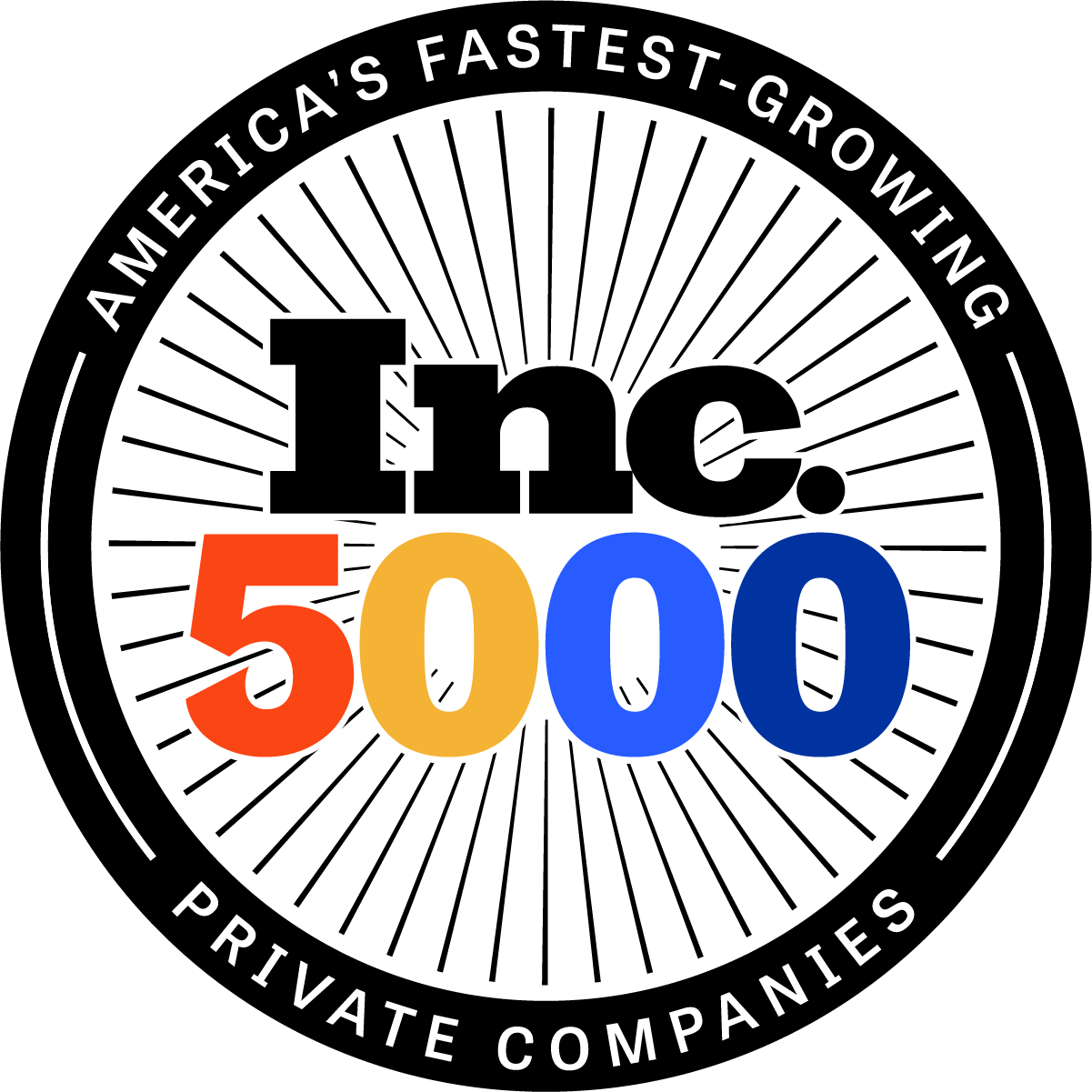From the Covid-era shift to remote work and the ensuing Great Resignation, the employment landscape has seen some truly historic changes over the past several years. And as the expectations and demands of employees have evolved, so too have their benefits packages.
Traditionally limited to health insurance and a retirement plan, benefits have expanded, and now encompass a much broader range of offerings. As we progress through 2023, several key trends are emerging that continue to redefine benefits offerings, giving the companies that can adapt to these changes an edge as employers of choice in an increasingly competitive market.
Top Employee Benefit Trends
Amidst the dynamic changes hitting the benefits landscape, the following areas are the most notable:
- Wellness: Employers are recognizing the importance of their employees’ health and well-being, amidst record highs in workplace stress.
- Flexibility: As the lines between work and home blur, especially post-pandemic, flexible work options are becoming more prevalent.
- Personalized Benefits: One-size-fits-all is no longer the norm. Companies are increasingly tailoring benefits to meet the needs of individual employees.
These broader trends set the stage for the alternative benefits we’ll delve into next.
Alternative Employee Benefits
Before exploring the details of the benefits themselves, it’s crucial to understand the value driving the importance of alternative benefits like these.
Alternative benefits allow employers to attract and retain top talent, giving companies a competitive edge in a chaotic marketplace. Unique benefits not only help an employer stand out, they can also improve employee morale and productivity, increasing employee retention. Wellness programs can lead to healthier workers, lowering healthcare expenses for an employer over the long run.
For employees, alternative benefits often lead to better physical and mental health, driving higher and more engaged performance in the workplace. Flexible work options can help employees balance their personal and professional lives, giving them a better work-life balance. Additionally, benefits like financial planning help employees secure their future, contributing to extended longevity at a given job.
So, what exactly are the alternative benefits driving these outcomes? Let’s explore:
- Holistic Well-being Programs: Beyond just physical health, companies are now recognizing the importance of mental, emotional, and financial well-being. Comprehensive programs that address these areas are becoming a staple in benefits packages, including offering on-site gyms, health coaching, and even meditation classes. These holistic initiatives not only cater to the diverse needs of employees but also foster a culture of overall well-being.
- Flexible Work Arrangements: The pandemic has irrevocably changed the way we work. Employees now expect flexibility in their work schedules and locations. Companies are responding by offering hybrid work models, telecommuting options, compressed workweeks, and unlimited vacation policies. This flexibility not only boosts employee morale but also aids in attracting and retaining talent.
- Personalized Benefits: One size does not always fit all. Companies are moving towards offering personalized benefits that cater to individual needs. Whether it’s customizing health plans or offering unique perks like pet insurance, employers are striving to make their benefits more tailored and relevant.
- Education and Training Benefits: In a world where professional development is more important than ever, employees are looking to their companies for help. The rapid pace of technological advancement means that continuous learning is no longer a luxury but a necessity. Organizations are investing in tuition reimbursement, professional development programs, and upskilling and reskilling programs, offering employees the opportunity to acquire new skills and stay relevant in their roles.
- Financial Wellness Programs: With the rising concern over financial security, companies are introducing programs that educate employees about financial planning, debt management, and retirement savings. These initiatives not only empower employees to make informed financial decisions but also contribute to their overall well-being.
- Diverse and Inclusive Benefits: As the push for diversity and inclusion intensifies, companies are re-evaluating their benefits to ensure they cater to all demographics. This includes benefits that address the needs of LGBTQ+ employees, parents, and individuals with disabilities.
- Mental Health Support: The importance of mental health has come to the forefront in recent years. Companies are bolstering their mental health support, offering resources like counseling services, wellness apps, and stress-relief initiatives.
Implementing and Managing Alternative Benefits
In the quest to offer the best alternative benefits to employees, the journey from ideation to implementation is not without its hurdles.
Implementation Challenges
- Diverse Needs: Every employee is unique, with distinct needs and preferences. Implementing benefits that cater to this diversity requires a deep understanding of your workforce and the ability to change course as needed. It’s not just about offering a new perk; it’s about ensuring it resonates with and benefits your team.
- Cost Implications: While some alternative benefits might seem attractive, they come with added costs. It’s essential to evaluate the financial implications and ensure they align with the company’s budget.
- Integration with Existing Benefits: Introducing new benefits should not disrupt or diminish the value of existing ones. Seamless integration is crucial to ensure employees get the best of both worlds.
Management Challenges
- Changing Regulations: The world of employee benefits is governed by myriad regulations that are constantly evolving. Keeping abreast of these changes and adapting accordingly is paramount.
- Ensuring Compliance: Beyond just knowing the regulations, ensuring that the benefits offered are compliant is a continuous task. This might require regular audits and reviews.
- Employee Engagement: Merely offering a benefit doesn’t guarantee its success. Regular communication, training, and feedback sessions can ensure employees are aware of and utilize the benefits to their fullest.
Legal and Regulatory Considerations
- Local Laws: Depending on the geographical presence of your company, local laws might have specific mandates regarding employee benefits. It’s essential to be well-versed in these to avoid any legal complications.
- State and Federal Regulations: Beyond local laws, state and federal regulations can have overarching guidelines that companies are required to follow. Regular compliance consultations with legal experts (or a white glove HR provider like Aspen HR) can ensure you’re always on the right side of the law.
- Documentation and Record-Keeping: Any new benefit that’s being introduced should be well-documented. This not only helps ensure compliance but also serves as a reference for any future evaluations or audits.
By understanding, recognizing, and being proactive about the above challenges, companies can offer innovative alternative benefits that truly make a difference in their employees’ lives, improve retention, and remain additive for years to come.
Employee Benefits: Weighing Costs and Returns
When considering traditional vs. alternative benefits, it’s essential to weigh the costs and potential returns. While robust alternative benefits programs often represent a sizeable initial investment, that investment tends to earn a massive ROI over time.
For example, nearly 70% of employees feel more loyal to companies with good benefits. Moreover, 41% would consider switching jobs for better benefits. This loyalty and potential for retention can offer a significant return on investment for employers in the long run. What kind of return exactly? In the case of financial wellness benefits specifically, a traditional offering returns an ROI of $3, while alternative financial wellness solutions deliver around $15 in ROI. That’s quite a difference!
FAQ: Employee Benefit Trends & Alternative Employee Benefits
What are the 4 major types of employee benefits?
- Health insurance
- Retirement plans (like 401(k)s)
- Paid time off (including vacation, sick leave, and holidays)
- Life and disability insurance
What trends in employee benefits should employers be aware of?
- A holistic approach to well-being that encompasses employees’ physical, mental, emotional, and financial health.
- The rise of flexible work arrangements, including hybrid work models and compressed workweeks.
- Personalized benefits tailored to individual employee needs.
- Continuous learning opportunities for upskilling and reskilling.
- A focus on financial wellness programs and education.
- Emphasis on diversity and inclusion in benefit offerings.
- Benefits reflecting environmental and social responsibility.
What are the top 3 most sought-after employee benefits?
- Comprehensive health insurance
- Flexible work arrangements (like remote work and flexible hours)
- Continuous learning and professional development opportunities
What are some unique employee benefits?
- Pet insurance
- Wellness programs with features like meditation classes and health coaching
- On-site childcare or childcare assistance
- Eco-friendly office initiatives
- Volunteer opportunities and paid time off for community service
What are alternative benefits for employees?
“Alternative benefits” refers to non-traditional perks and advantages that go beyond the standard health insurance and retirement plans that have previously been the norm. These can include wellness programs, flexible work schedules, financial planning services, and personalized benefits tailored to individual needs.
What employee benefits are most valued?
While the value of benefits can vary based on individual preferences, some of the most valued employee benefits include:
- Health insurance with comprehensive coverage
- Retirement plans with employer matching contributions
- Flexible work arrangements
- Paid time off policies
- Continuous learning and professional development opportunities
Harnessing the Power of Alternative Employee Benefits
In today’s dynamic work environment, alternative employee benefits have emerged as a game-changer. For employers, these benefits are not just perks; they’re strategic tools to attract, retain, and engage top talent. For employees, these benefits go beyond the paycheck. They address holistic well-being, offer flexibility, and provide avenues for personal and professional growth.
If you’re an employer who’s looking to craft an alternative benefits package that truly stands out, Aspen HR is here to help guide you. With considerable expertise in designing comprehensive and tailored benefits solutions, we’re committed to helping you offer the very best to your employees. Reach out today to elevate your business.







